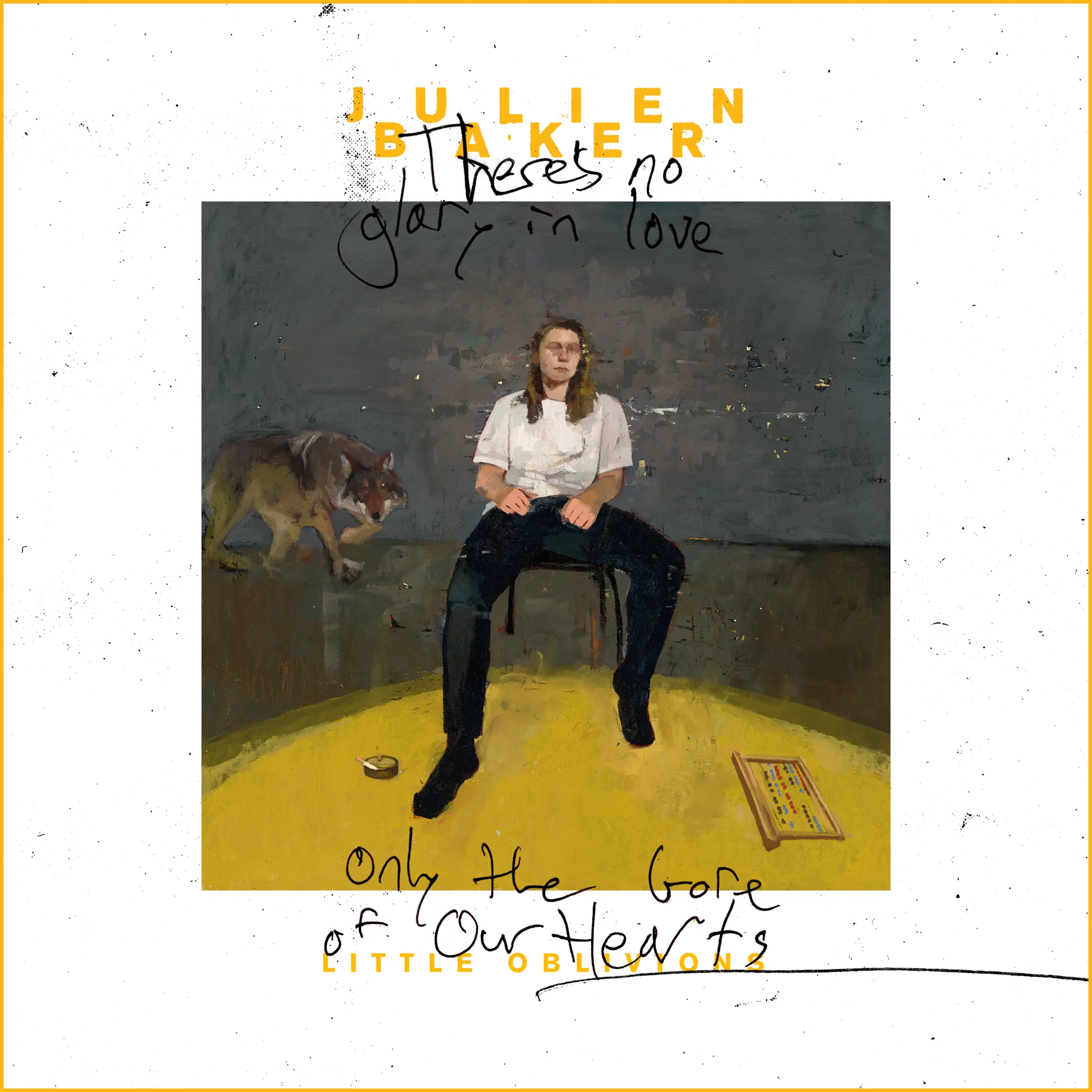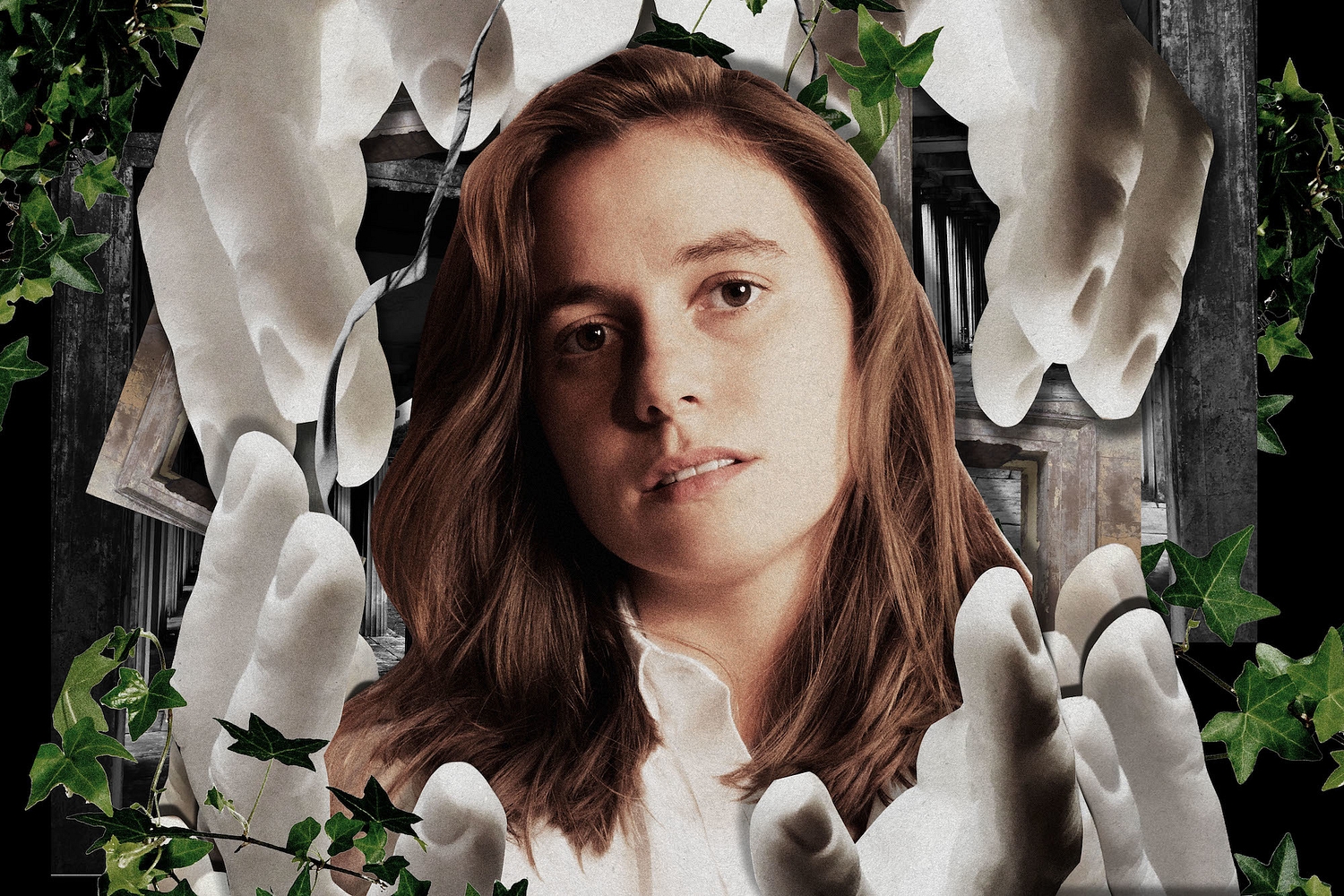
Interview Other Side Of Oblivion: Julien Baker
Addressing failure and confronting her struggles, ‘Little Oblivions’ finds Julien Baker stamping her space in the middle of life’s confusing Venn diagram.
Julien Baker used to spend hours poring over theological and political texts in her early twenties, trying to figure out what the best formula was for discerning right from wrong. “I mean, I knew I could never be sure, but I thought I could figure it out for some reason,” she laughs, self-mockingly.
These days, she’s even less certain she’ll ever come to a worthwhile conclusion. But, along the way, the Tennessee native has realised that music doesn’t have to be an expression of her ideals or a way for her to promote positivity. Addressing topics like addiction, mental health and faith in her songs has always been a key part of Julien’s work, and she’s never avoided confronting deeply personal aspects of her identity. Yet the recently-released ‘Little Oblivions’ sees her take an even darker turn, trading in the soft, quasi-hymnal tones of 2017’s ‘Turn Off the Lights’ for a punchier, full-band sound.
Calling from Nashville, Julien explains that the album’s title details the ways in which she’d previously sought oblivion as an escape from pain and anxiety. “I had several unsuccessful coping mechanisms for that,” she adds, tentatively. “And I just realised the cyclical nature of me returning to anything – whether it’s drugs and alcohol or compulsive exercise or obsession with faith – was really just to placate a desire to be free.”
The bulk of these realisations were born out of a difficult couple of years. In late 2018, Julien experienced a substance abuse relapse. Then, in the summer of 2019, she found herself cancelling her remaining tour dates and going back to university to finish her degree. “I just wasn’t mentally healthy enough to be touring and I knew that if I didn’t have some structure around my life, I would probably go crazy,” she admits. During that period, she realised she had become so used to cloaking her obstacles and shortcomings in a “narrative arc of redemption”, she had forgotten how to see things for what they were. “Doing that is great. I mean, it’s how humans make sense of pain,” she offers. But eventually it came time to make a record that dissected the “very real emotions of desperation and loss” instead.

“It's an important practice for people to be open about their failures, but not as a way of excusing them.”
At its core, 'Little Oblivions' is an exercise in frantic self-examination, and a direct confrontation of what it feels like to fail and then look for healing. Most tracks are filled with meditative statements and admissions that examine what it's like to flirt with self-destruction, as Julien lyrically grapples with her sobriety: "Blacked out on a weekday/ Is there something I've been trying to avoid/ Start asking for forgiveness in advance for all the future things I will destroy?" she sings on 'Hardline'.
Still, the singer is hesitant to call her work confessional - she's wary of what the term implies. "It's an important practice for people to be open about their failures, but not as a way of excusing them" she says. "When I admit to substance abuse, that's not what takes away the power of substances over my brain. The practice of wanting to be better and making [healthy] choices - those things make it better."
Julien says this the way she says most things: in a measured tone, often punctuated by quick bursts of inspiration. She’s careful with what she tells people ("Interviews are hard because I'm never sure of a damn thing I say!"), but can't help but resort to her usual fast-talking self when she's interested in a topic - and she's interested in a lot of them. You often get the sense that out of the ten given thoughts in her head at any one time, you might be on the receiving end of two.
Making a record about failure has also meant that she spent a lot of time thinking about forgiveness. Growing up, Julien was taught to believe that it was dispensed transactionally from God; now, she's struggling to come to terms with what that really means. "[That logic] prevents us from believing that we are inherently worthy of it and that's so bad," she notes. "Even though it seems like it should model compassion, I honestly believe that it discourages empathy. Not only empathy for your fellow human beings, but for yourself, you know?"
Questions of faith have gone hand in hand with discussions about Julien's music, mostly because the singer, who is queer, grew up having to carve out a space for herself in Christianity.
What was it like, then, for her to reevaluate how she felt about religion when it had been such a fundamental part of her image? "Maybe it made me less willing to radically change the ways that I thought about things and want instead to modify my existing beliefs," she answers.
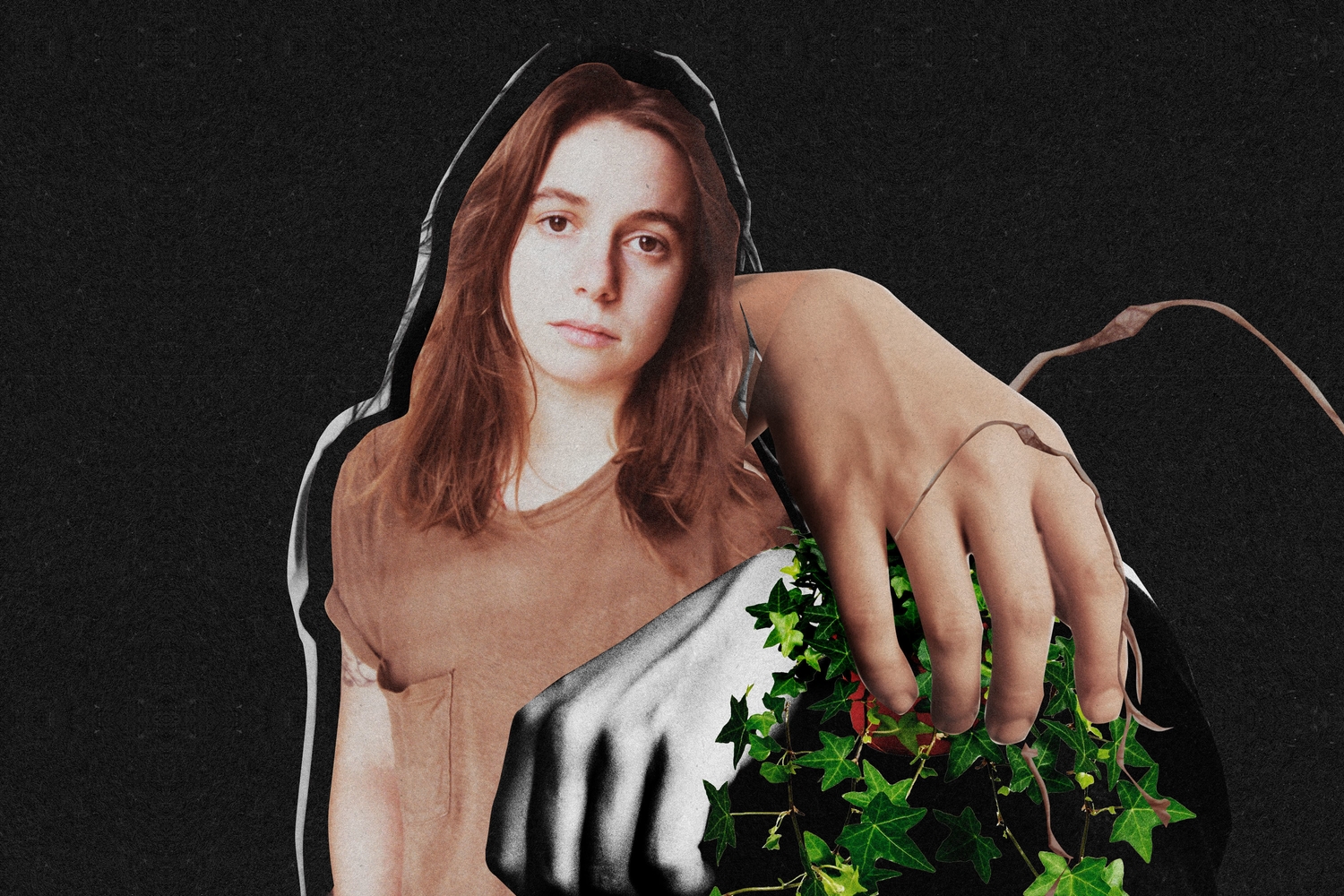
“I don't have some distorted self-image that I'm the representative of all gay Christians…”
Julien's commitment to inhabiting the world of faith and queerness began when she realised she couldn't reject something she found fascinating simply because there wasn't any room for her in it. She wants others to feel they can inhabit both worlds too. "I don't have some distorted self-image that I'm the representative of all gay Christians," she notes, "but there are a number of people who ARE invested in that element of me as a performer, and in the things that I have to say, because it provides them comfort; because they feel lost and displaced like I was."
It's why she's still hesitant to write religion off completely. "I don't want to make it my cause now to be like, 'Christianity emotionally wounded me and now I changed my mind, and I was brainwashed'," she says, putting on a voice for dramatic effect. "I don't want to do that because that doesn't seem constructive either. I know I don't want to continue in a fundamental, traditional Christian understanding of the world, but I can't bring myself to dismiss faith as a hugely important part of my life."
Religion aside, learning compassion, particularly towards herself, is something the singer is actively working on. Notably, it's also a topic she discusses at length in 'Little Oblivions': "You pulled a moth out from the grill of your truck saying it’s a shame/ How come it’s so much easier with anything less than human/ Letting yourself be tender?" she asks in 'Favour', a song featuring harmonies from her boygenius bandmates Lucy Dacus and Phoebe Bridgers. Can we expect a new record from them soon? "We've been trying to figure out a way to hang out despite us all being in separate cities, but it's coming," she smiles. "Not even because of popular demand. Just because we like writing with each other."
As for her own music, Julien hopes 'Little Oblivions' will clear the way for a better, or at least more candid, form of storytelling going forward. "Maybe I felt like I was trying to trick everybody into thinking that I was a really good person [before]," she suggests. "And now that I don't think of myself as good or bad, I can just more honestly report on what it's like to be a person."
‘Little Oblivions’ is out now via Matador.
As featured in the March 2021 issue of DIY, out now.
Read More

A hedonistic whirlwind of empathetic tears and unrivalled joy engulfs boygenius’ giant Gunnersbury Park show
The trio sit atop a rising spring of pure self-acceptance; powerful yet vulnerable and immeasurably relatable.
22nd August 2023, 11:19am
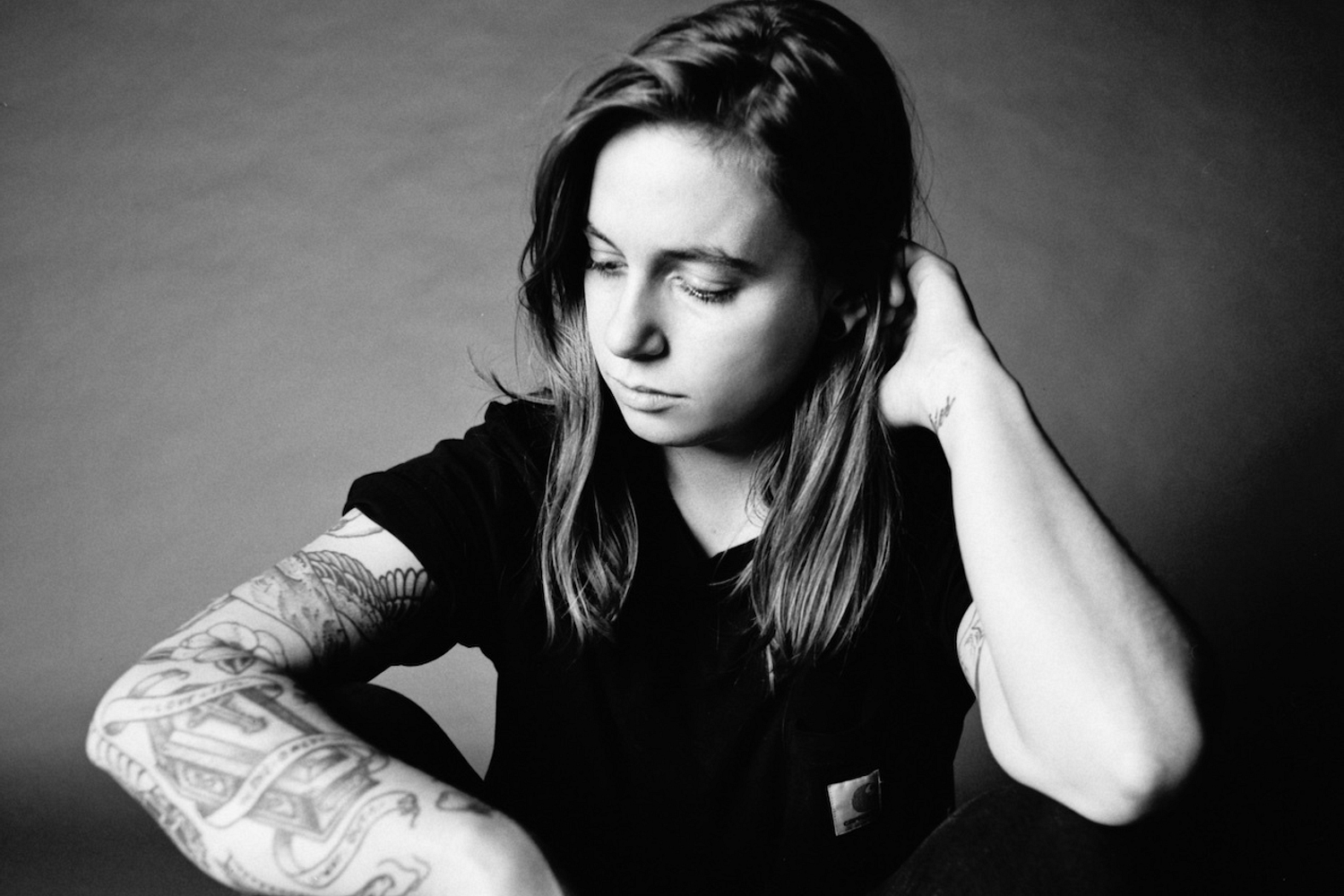
Jesu remixes Julien Baker’s ‘Favor’
'Little Oblivion Remixes' EP arrives next week.
24th August 2021, 12:00am
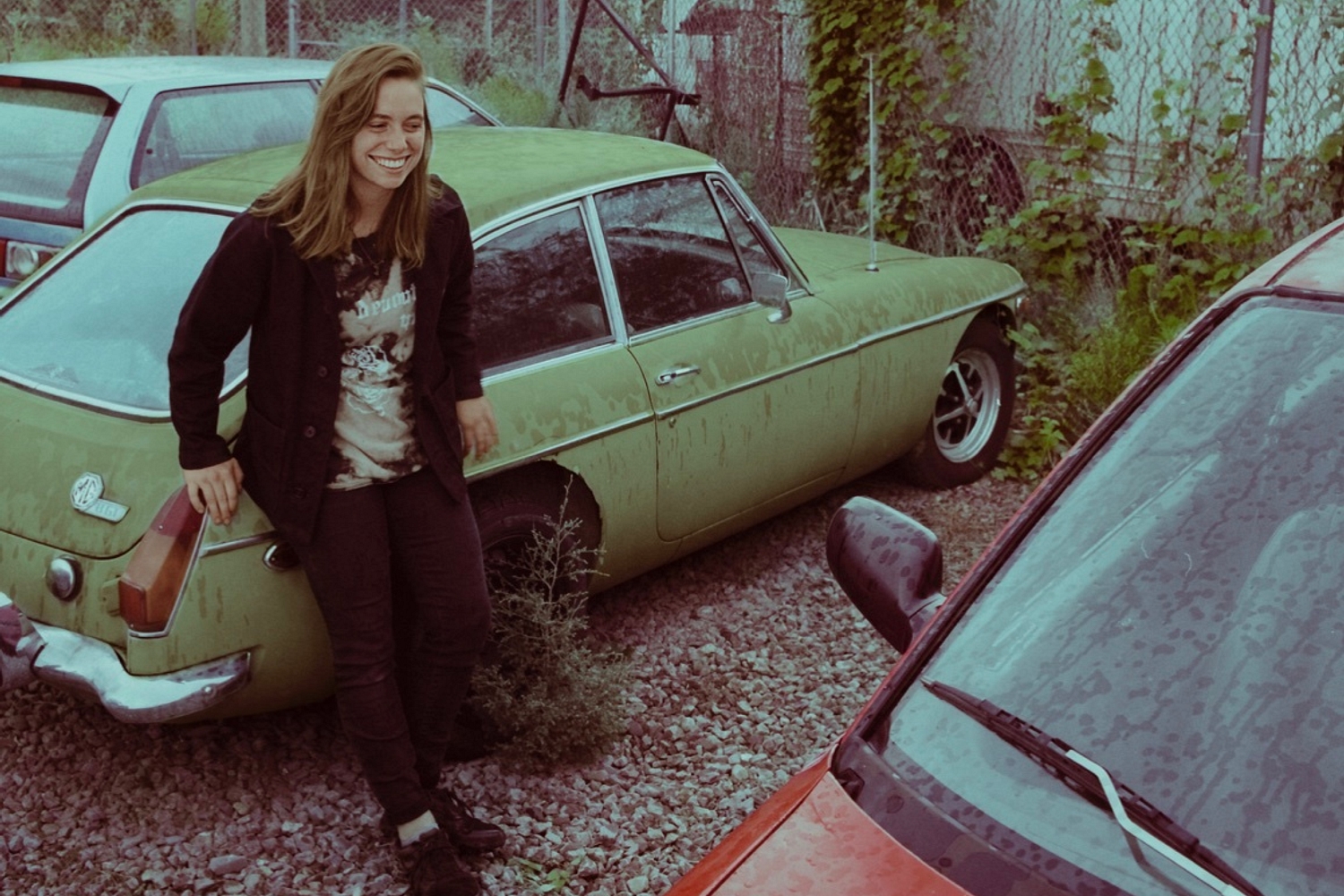
Julien Baker announces ‘Little Oblivions Remixes’ EP
Featuring Half Waif, Helios, Gordi, and more!
10th August 2021, 12:00am

The Ophelias team up with Julien Baker for ‘Neil Young on High’
Lifted from their forthcoming new album 'Crocus'.
30th June 2021, 12:00am
With Bob Vylan, St Vincent, girl in red, Lizzy McAlpine and more.
